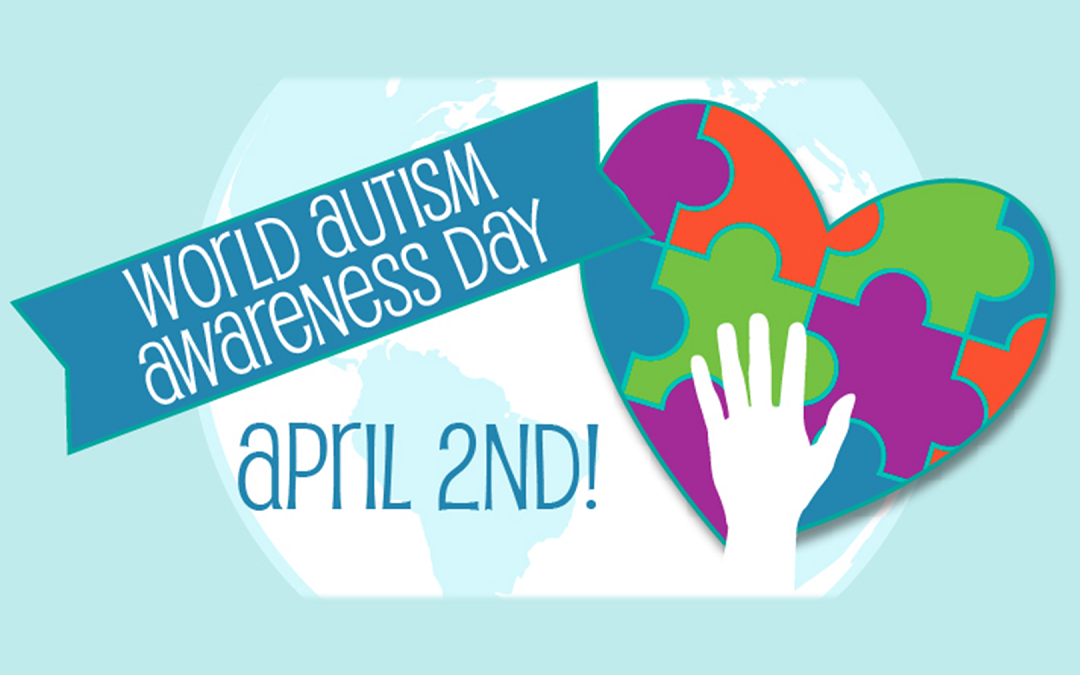World Autism Awareness Day is observed on April 2. The day recognizes and spreads awareness for the rights of people with autism. The range of autism symptoms varies greatly. One individual may experience mild anxiety or avoid eye contact, whereas another may have much difficulty communicating and engage in severe tantrums. Knowing the common symptoms of autism can be helpful.
World Autism Awareness Day 2021: History
This day was designated by the United Nations General Assembly resolution (A/RES/62/139) World Autism Awareness Day”, passed in council on 1 November 2007, and adopted on 18 December 2007. This was proposed by the United Nations representative from Qatar, Her Highness Sheikha Mozah Bint Nasser Al-Missned, Consort of His Highness Sheikh Hamad Bin Khalifa Al-Thani, the Emir of the State of Qatar, and supported by all member states. World Autism Day is one of only seven official health-specific UN Days.
World Autism Awareness Day 2021: Theme and Significance
The theme of World Autism Awareness Day 2021 is “Inclusion in the Workplace: Challenges and opportunities in a Post-Pandemic World”.
The COVID-19 pandemic has exposed and heightened glaring inequalities around the world, especially when it comes to income and wealth distribution, access to health care, protection under the law, and political inclusion. Persons with autism have long faced many of these inequalities, which have only been further exacerbated by the pandemic. It’s a problem made worse by long recognized discriminatory hiring practices and workplace environments that present major obstacles for persons with autism; all of which contribute to the unemployment or severe underemployment of a large majority of adults on the autism spectrum.
The pandemic has undoubtedly impacted the efforts of companies to implement these new models, at a time when the international economy is undergoing the worst economic recession since the great depression, with the loss of hundreds of millions of jobs. At the same time, new ways of working, including remote working and the use of new technologies, have created opportunities for employees on the autism spectrum that previously found it difficult to thrive in traditional workplace environments.



















